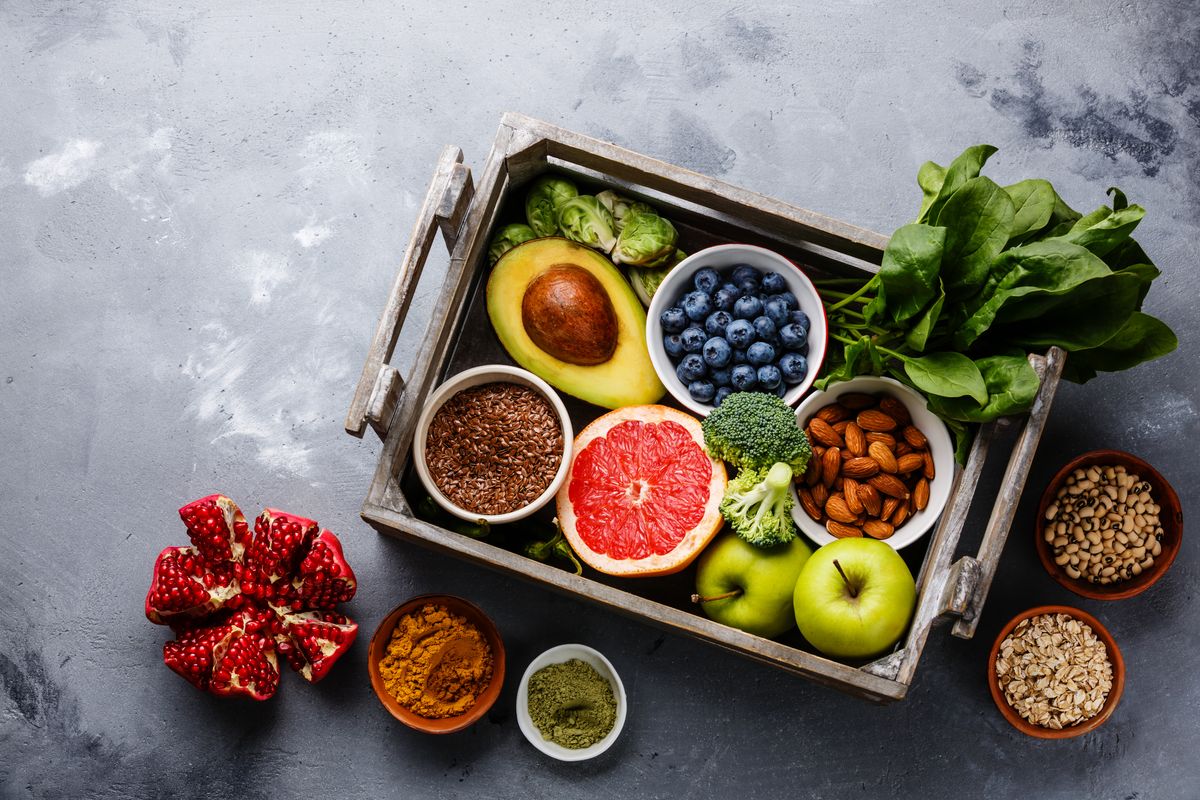Embracing a diet abundant in fruits and vegetables can have remarkable effects on your well-being. By incorporating these nutrient-packed wonders into your meals, you provide your body with a vital supply of vitamins, minerals, antioxidants, and essential nutrients crucial for optimal functioning. Research underscores that consuming an ample variety of produce on a daily basis can significantly diminish the risk of heart disease, mitigate blood pressure levels, and, in certain instances, potentially act as a deterrent against specific types of cancer.
Yet, the benefits don't end there. Within the realm of fruits and vegetables, there exists a subset that possesses the remarkable ability to foster prolonged satiety. According to Lauren Manaker, MS, RDN, a registered dietitian, and the author of "The First Time Mom's Pregnancy Cookbook" and "Fueling Male Fertility," prioritizing produce with a healthy dose of fiber, beneficial fats, and protein is key. These macronutrients are known to slow down the digestion process, effectively promoting the feeling of fullness.
While all fruits and vegetables contribute to a well-rounded and wholesome diet, certain choices recommended by dietitians can elevate the sensation of fullness even further, courtesy of their impressive nutrient profiles. Continue reading to uncover these options and enhance your journey towards a satisfied and nourished self.
1) Harnessing the Power of Avocado:
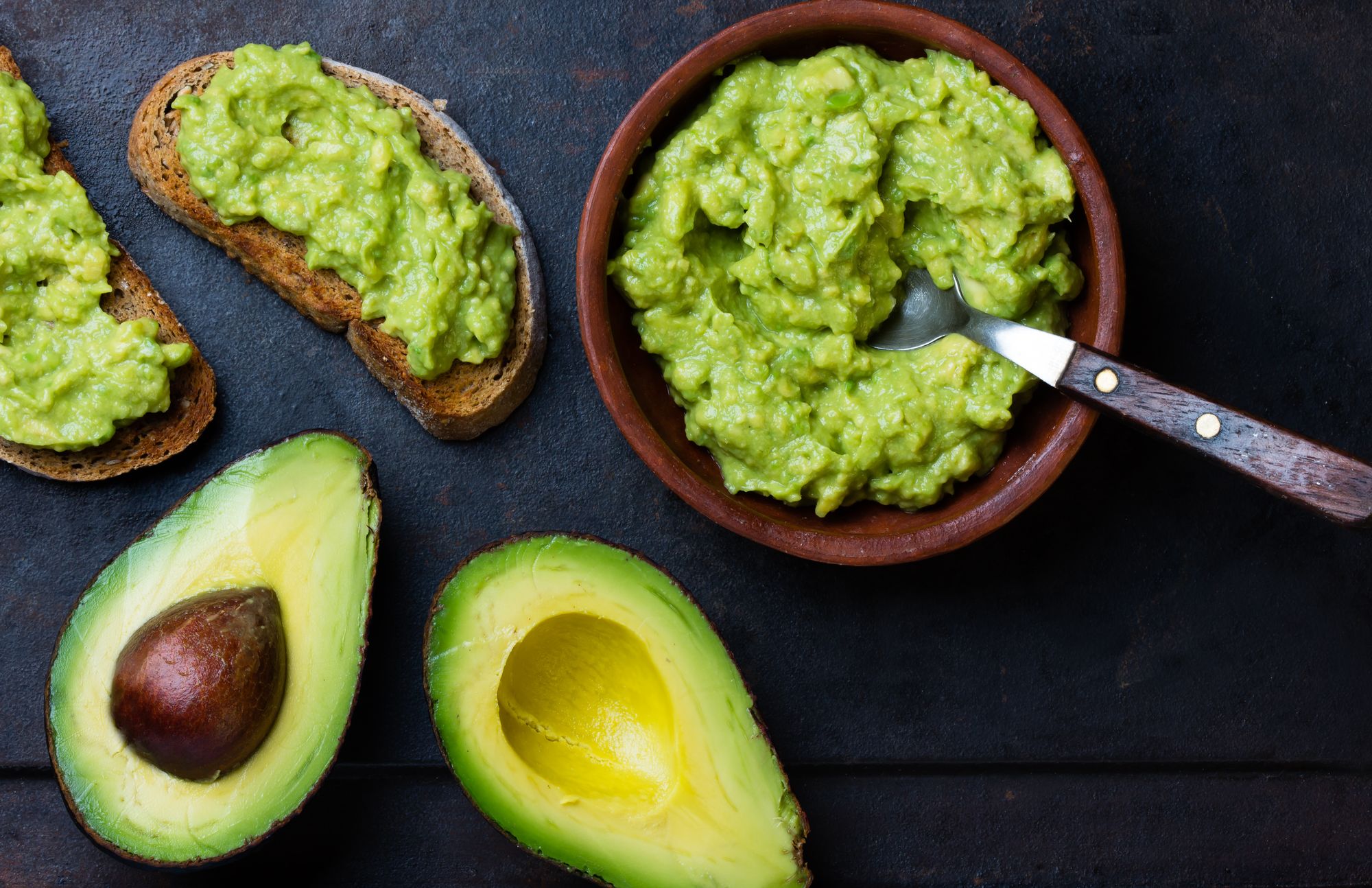
Fiber per fruit: 13.5 grams
Total fat per fruit: 15 grams
Avocado stands as a satiety superstar due to its unique composition of healthy fats and fiber. Lauren Manaker, a registered dietitian, explains that avocados can significantly contribute to feeling satisfied for longer periods. The healthy fats in avocados are believed to slow down gastric emptying, extending the sense of fullness. Furthermore, the fiber content in avocados supports digestion and amplifies the feeling of being satiated. The creamy texture of avocados adds a rich dimension to meals, enhancing their appeal and making them a versatile and gratifying addition to various culinary creations.
2) Hydration and Watermelon:
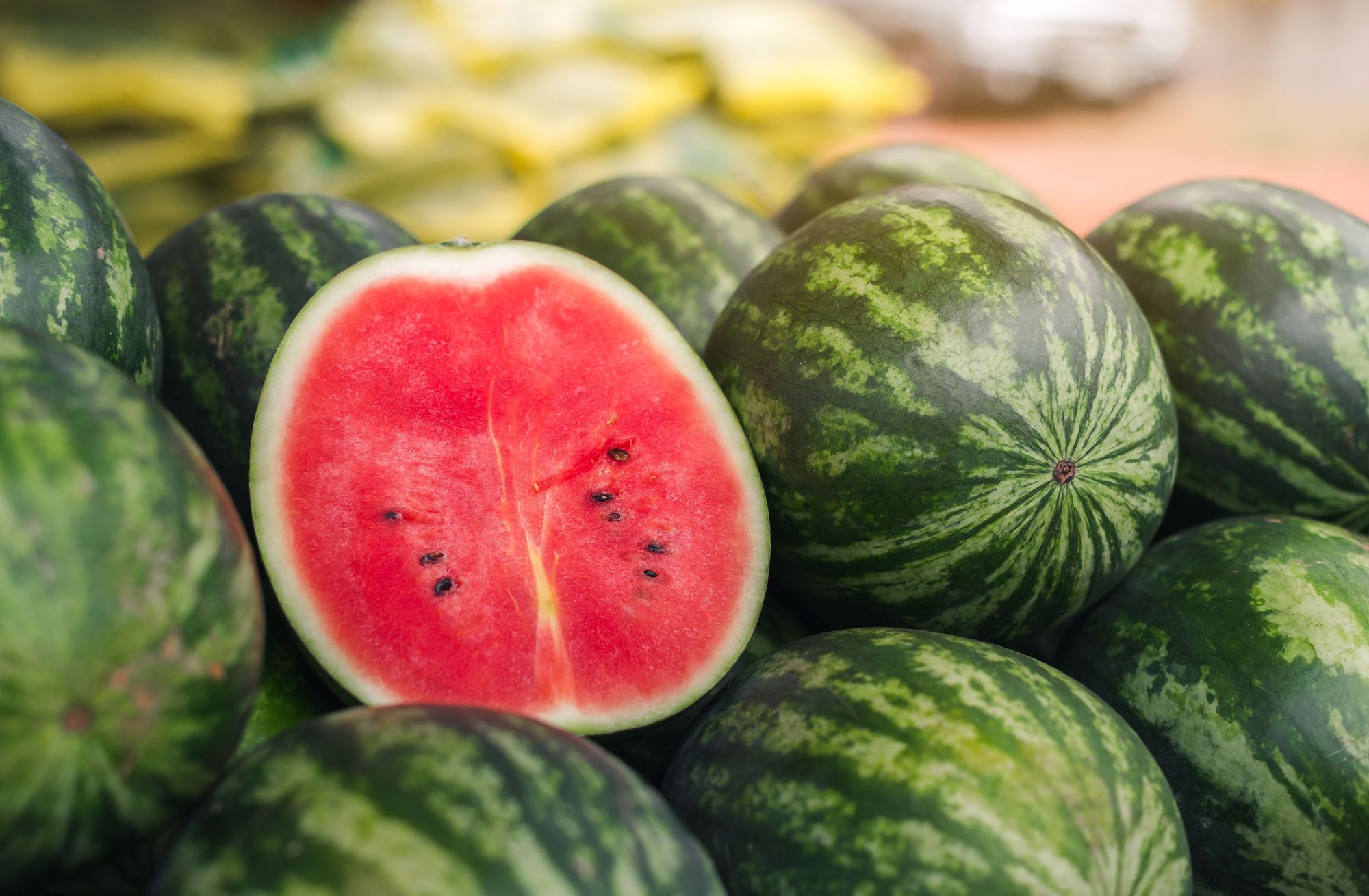
Fiber per 1 cup (diced): 0.6 grams
Water Content: 92%
The concept of satiety is not solely dependent on fiber-rich foods. Lauren Manaker introduces the significance of hydration in achieving a lasting sense of fullness. Watermelon, comprising a remarkable 92% water, emerges as a potent ally in this endeavor. Research suggests that maintaining proper hydration, even through water-rich foods, can enhance the sensation of fullness. Watermelon's substantial water content bolsters this effect, providing an additional dimension to promoting prolonged satiety.
3) Blackberries and the Fiber Advantage:
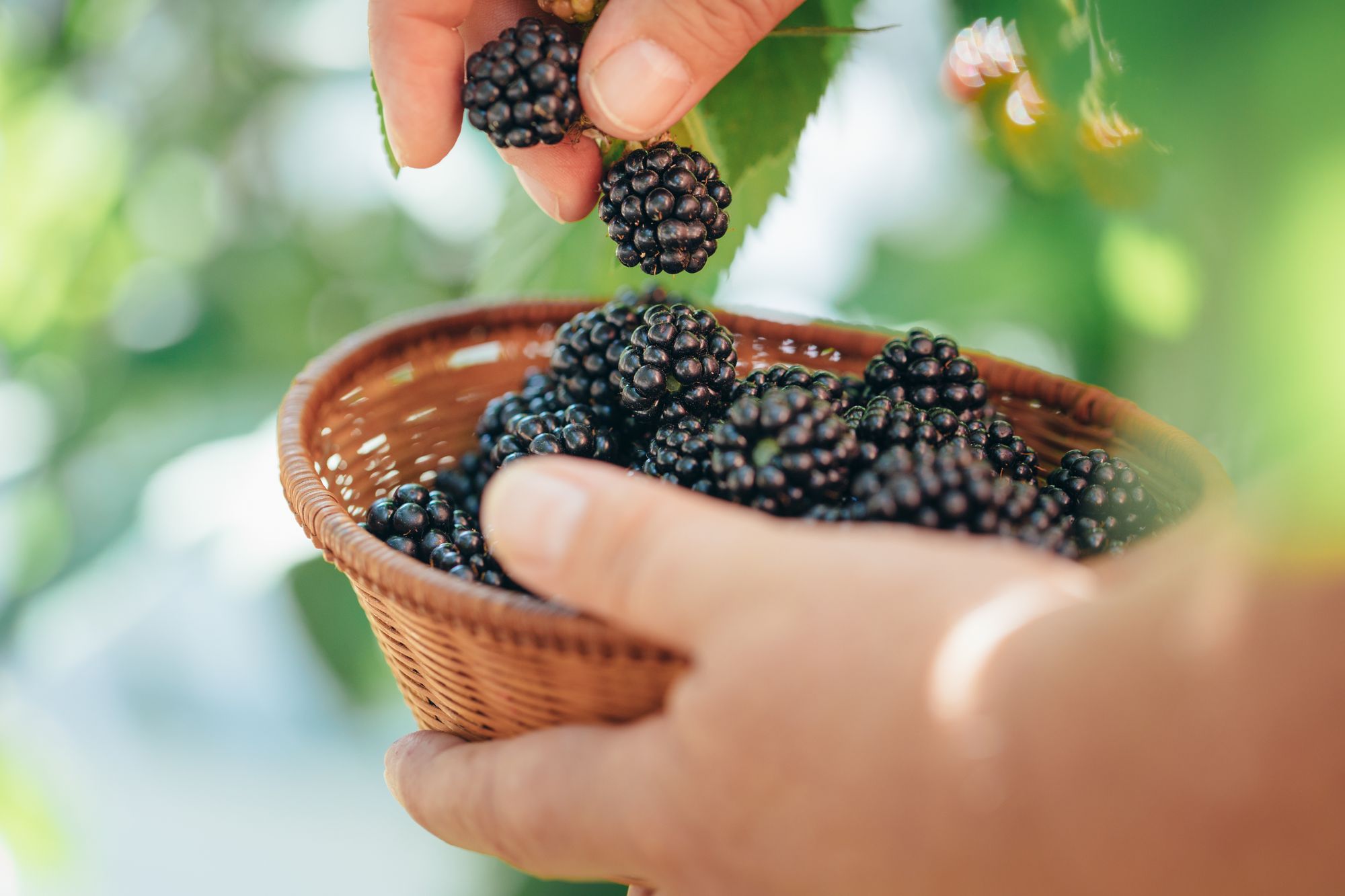
Fiber per 1 cup: 7.6 grams
Water Content: 88%
Blackberries emerge as a satisfying snack choice, primarily due to their significant fiber content. Fiber's role in suppressing appetite by retarding the body's digestion process is well-documented. Lisa Young, a registered dietitian and author, extols blackberries for their easy incorporation into daily breakfast routines, offering nearly 8 grams of fiber per cup. The moderate natural sugar content in blackberries aids in stabilizing blood sugar levels, contributing to the overall sensation of fullness.
4) Bananas: A Versatile Satiety Ally:
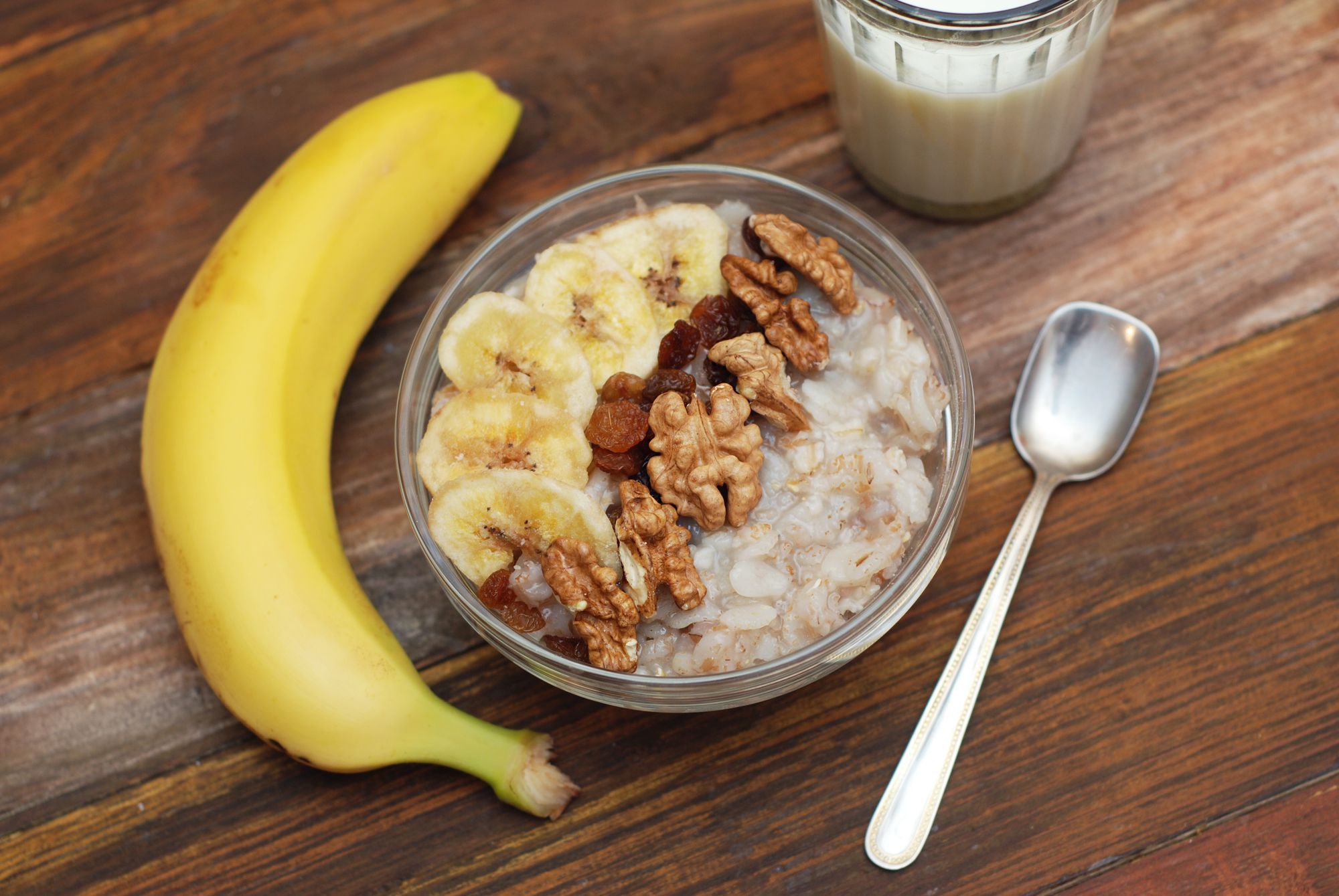
Fiber per 1 medium fruit: 3 grams
Water Content: 75%
While bananas may not be as fiber-rich as some counterparts, they are not to be overlooked. With around 3.5 grams of fiber per whole banana, they make a respectable contribution to daily fiber intake. Bananas' versatility is their strength, as they can be enjoyed fresh or transformed into various culinary creations. They are also relatively low in calories, making them a versatile option that satisfies the desire for a sweet treat.
5) Prunes for Dual Benefits:
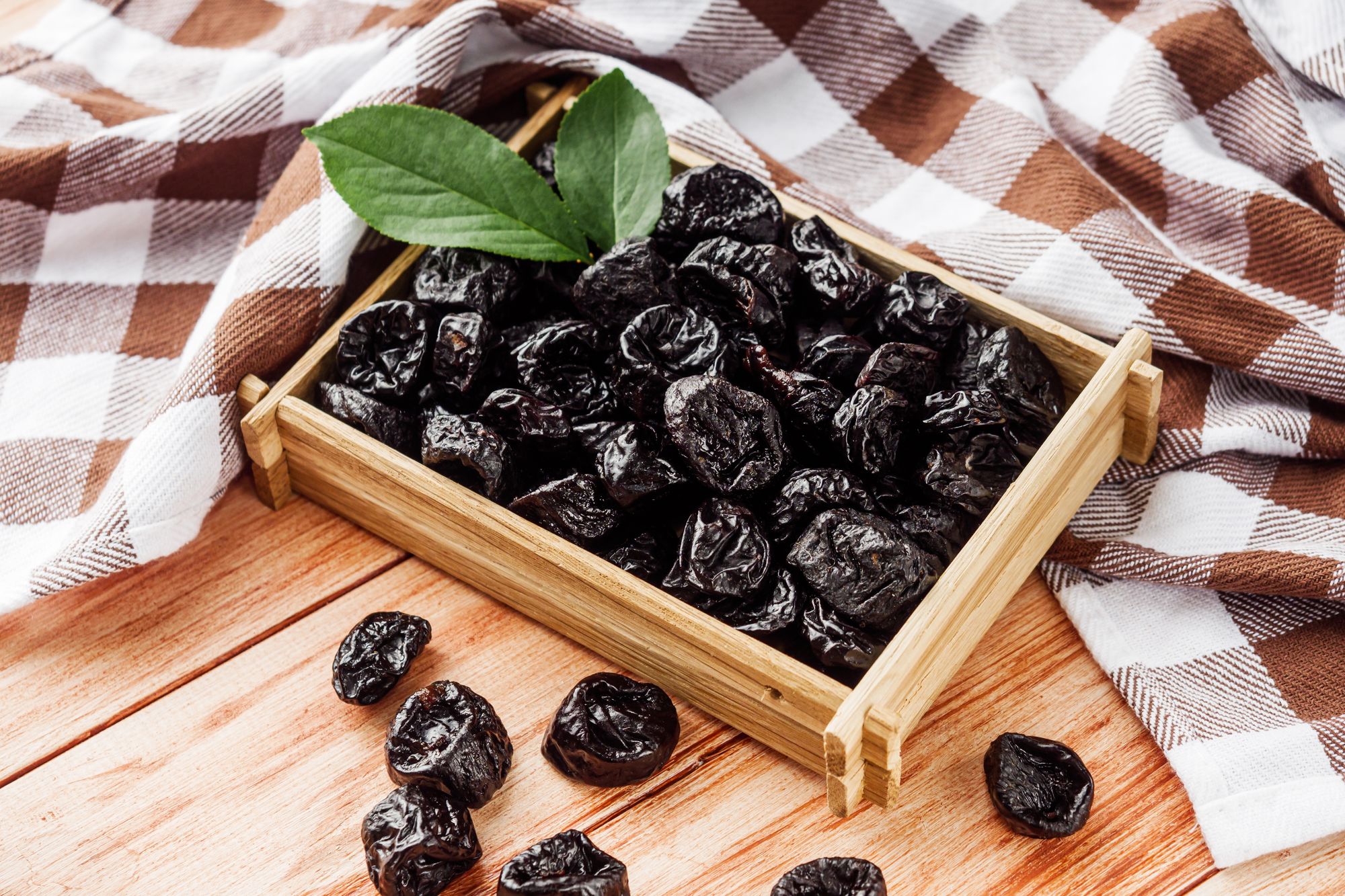
Fiber per 1 cup (pitted): 12.4 grams
Prunes, often associated with digestive health, extend their benefits to satiety. Research indicates that snacking on prunes leads to reduced hunger compared to alternatives like raisins or candies. The high fiber content of prunes, around 6 grams per 1/2 cup, is central to this effect. The combination of their fiber content and natural sweetness enhances both satiety and digestive regularity.
6) Raspberries: Low in Sugar, High in Fiber:
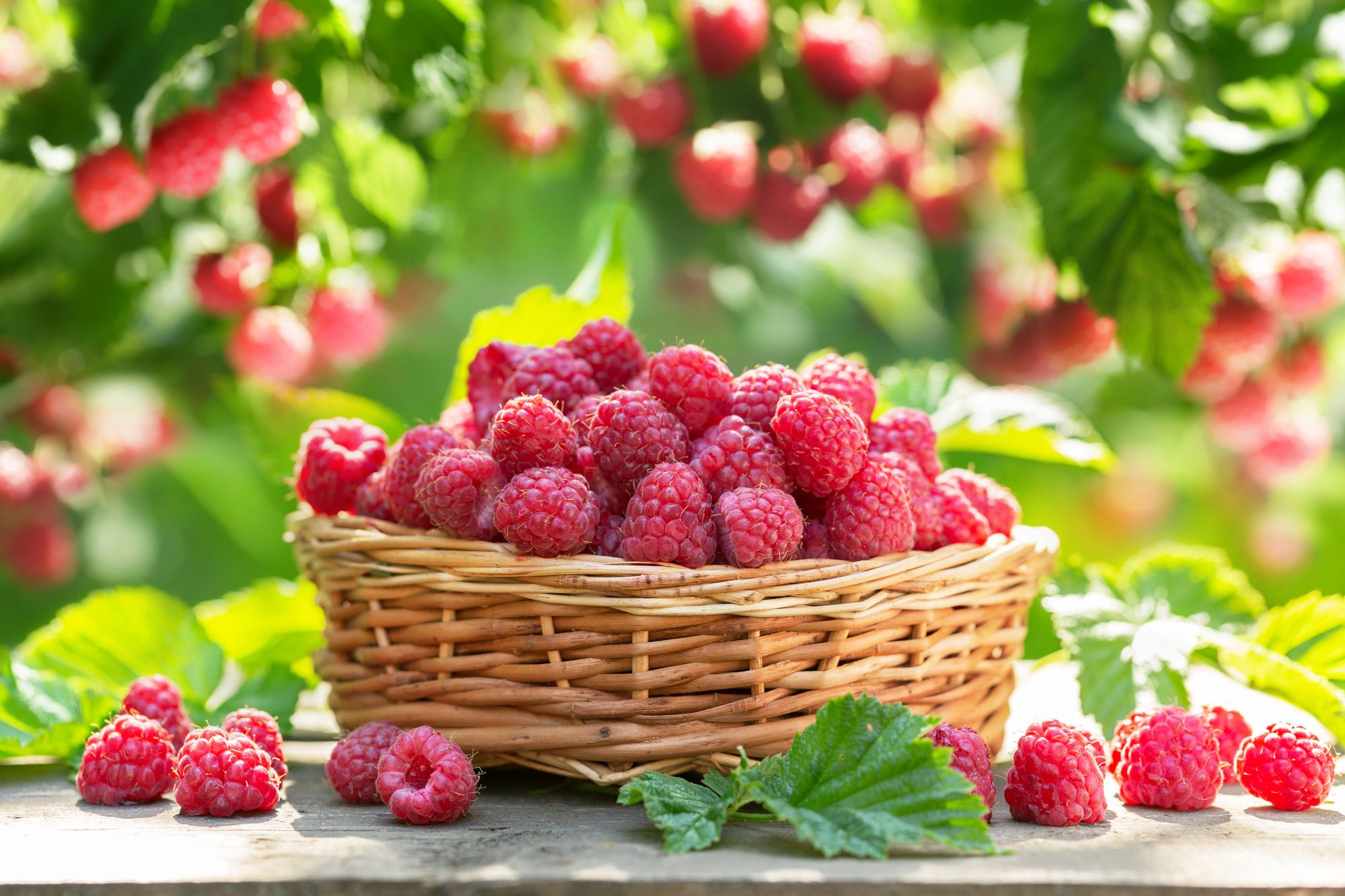
Fiber per 1 cup: 8 grams
Water Content: 86%
Raspberries distinguish themselves with their high fiber content of approximately 8 grams per cup. This fiber density contributes to the sensation of fullness. Notably, raspberries contain a lower amount of sugar compared to many other fruits, with only about 5 grams per cup. This makes them an appealing choice for those mindful of their sugar intake.
7) Blueberries: Fiber and Beyond:
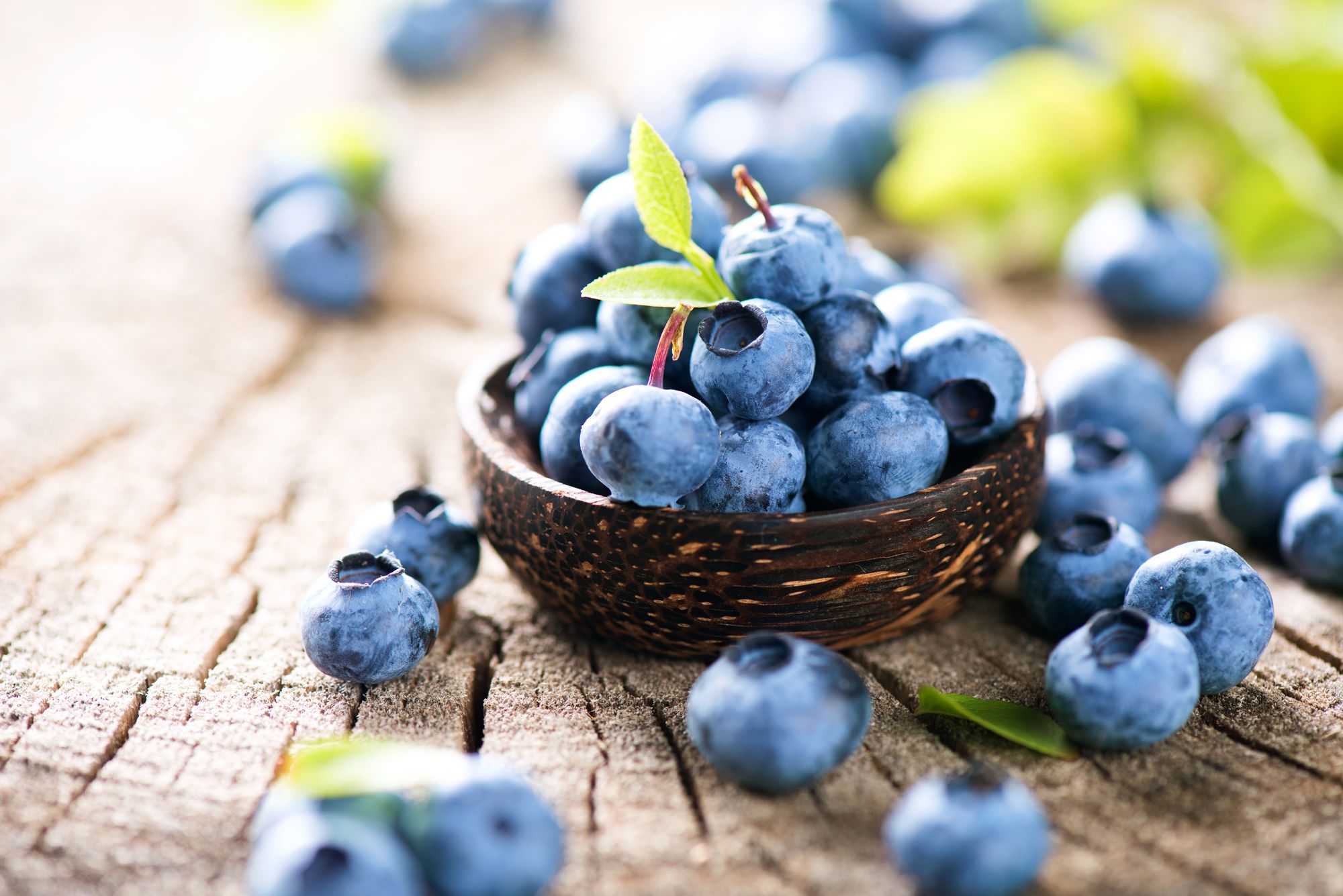
Fiber per 1 cup: 3.5 grams
Water Content: 84%
Blueberries, similarly high in fiber and low in sugar, offer a substantial contribution to satiety. The combination of fiber and water in blueberries is a potent tool for managing blood sugar levels and promoting a sense of fullness. Beyond their satiating qualities, blueberries are celebrated for their abundant vitamins, nutrients, and antioxidant properties.
8) Pears: Pectin-Powered Satiety:
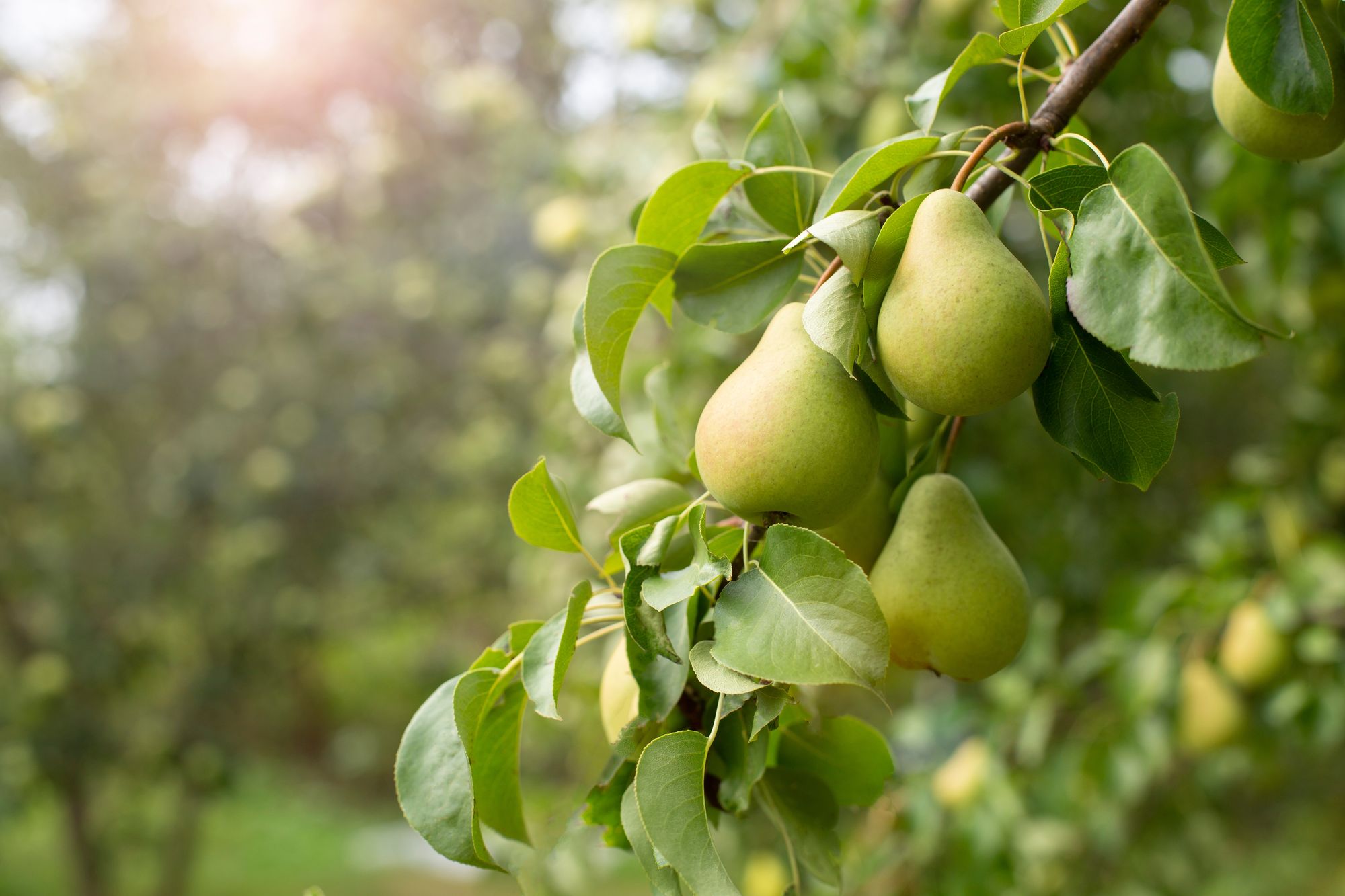
Fiber per 1 cup: 5.5 grams
Water Content: 84%
Pears provide a unique advantage through their content of pectin, a dietary fiber known for its role in slowing down digestion. Pectin, found in pears, apples, and plums, contributes not only to satiety but also to the health of the gut microbiome. Pears combine fiber with hydration, offering a satisfying snack option with a range of nutritional benefits.
9) Olives: Healthy Fats for Satiety:
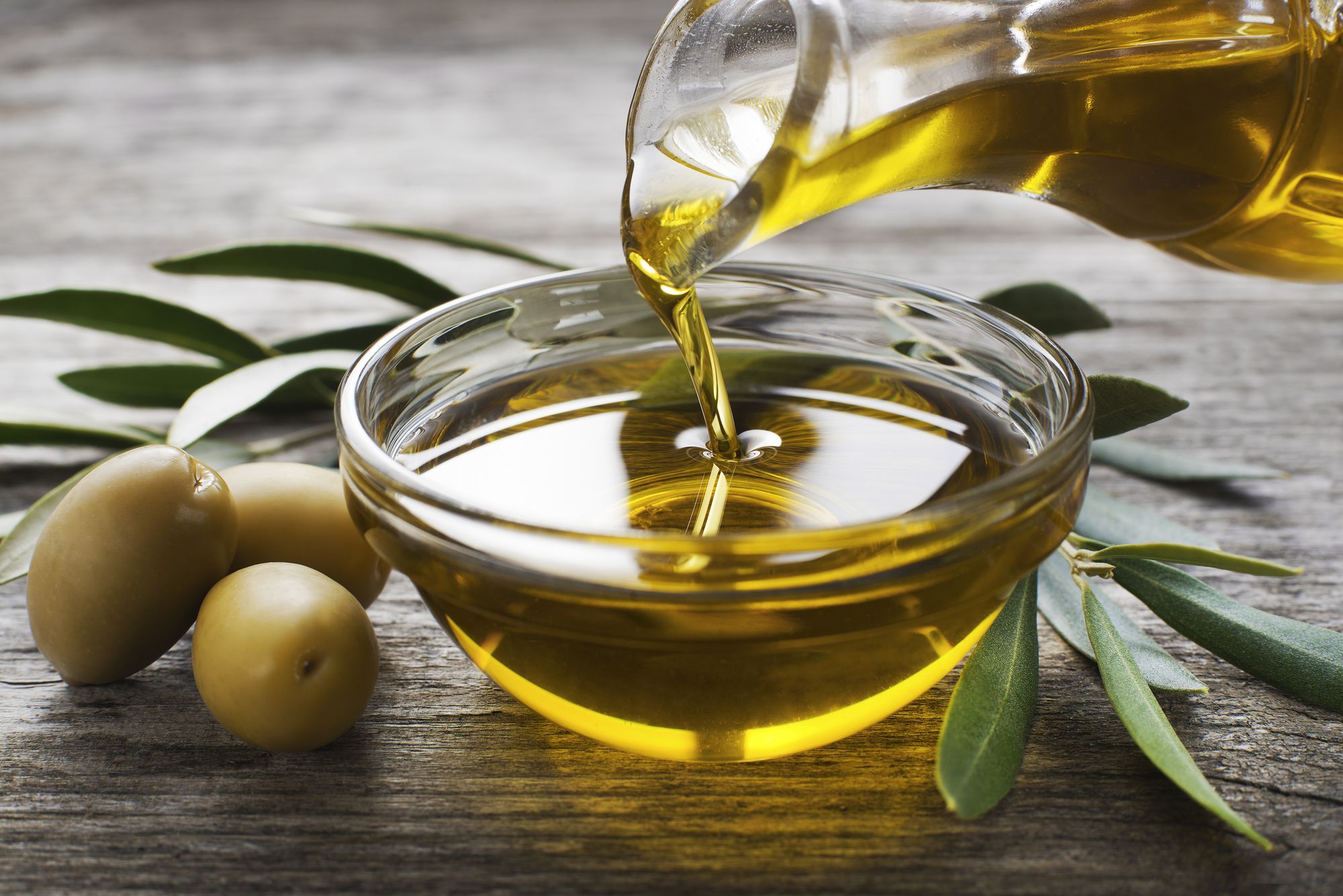
Fiber per 1/2 cup: 1 gram
Total fat per 1/2 cup: 7 grams
Healthy fats emerge as an alternative mechanism for achieving satiety. The National Center for Biotechnology Information reveals that healthy fats aid in hunger hormone reduction and digestion slowdown. Olives, technically classified as fruits, provide a source of these healthy fats, promoting a feeling of satisfaction. However, moderation is key due to their sodium content.
10) Apples: Satisfying Soluble Fiber:
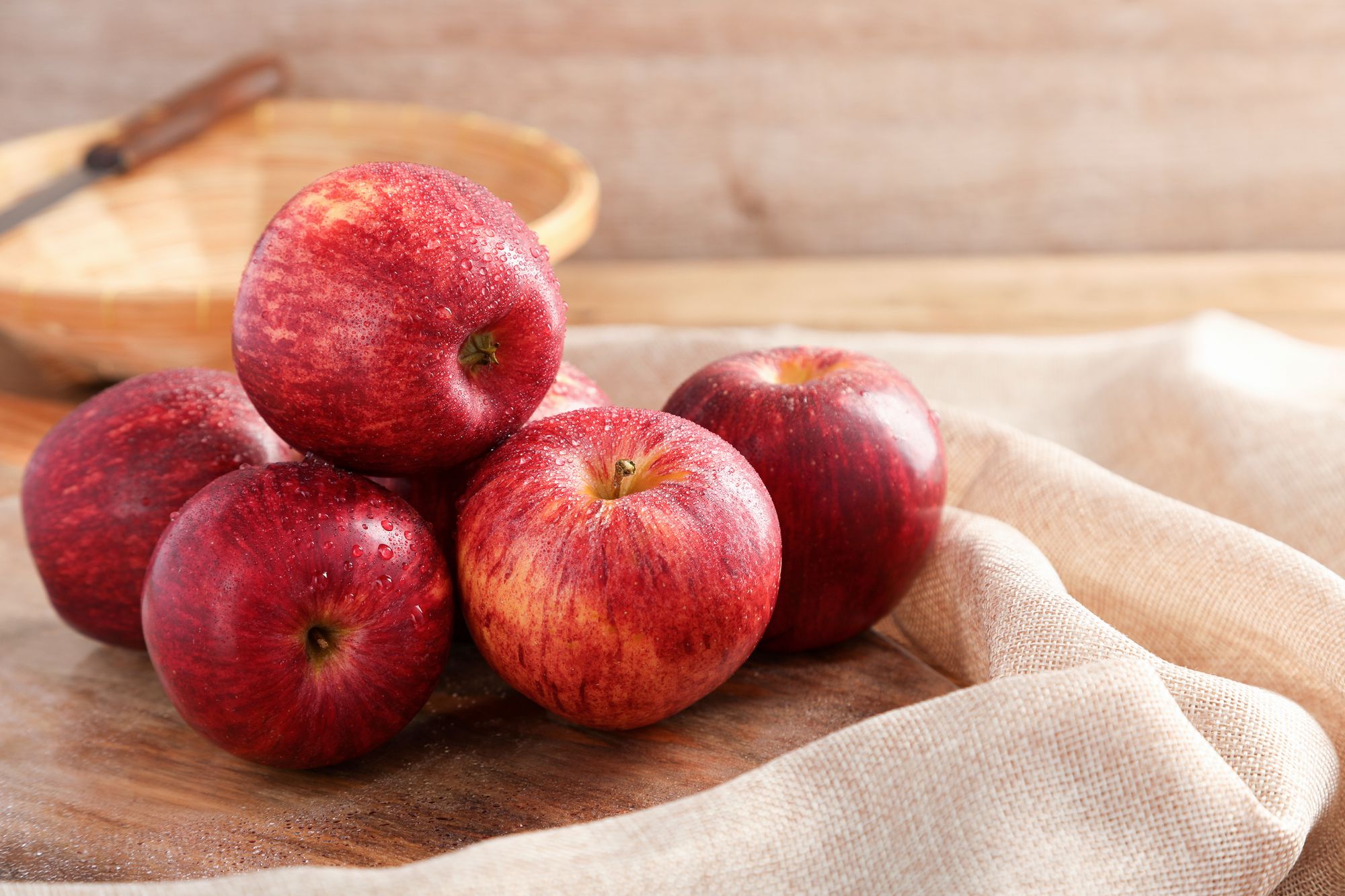
Fiber per 1 medium fruit: 4 grams
Water Content: 85%
Apples are lauded for their soluble fiber content, specifically pectin. This fiber type contributes to slower digestion and increased satiety. By regulating blood sugar levels, apples prevent abrupt energy crashes and subsequent hunger pangs. Scientific research establishes a positive correlation between a high-fiber intake and lower body weight.
11) Gold Kiwis: Fiber-Rich Delight:
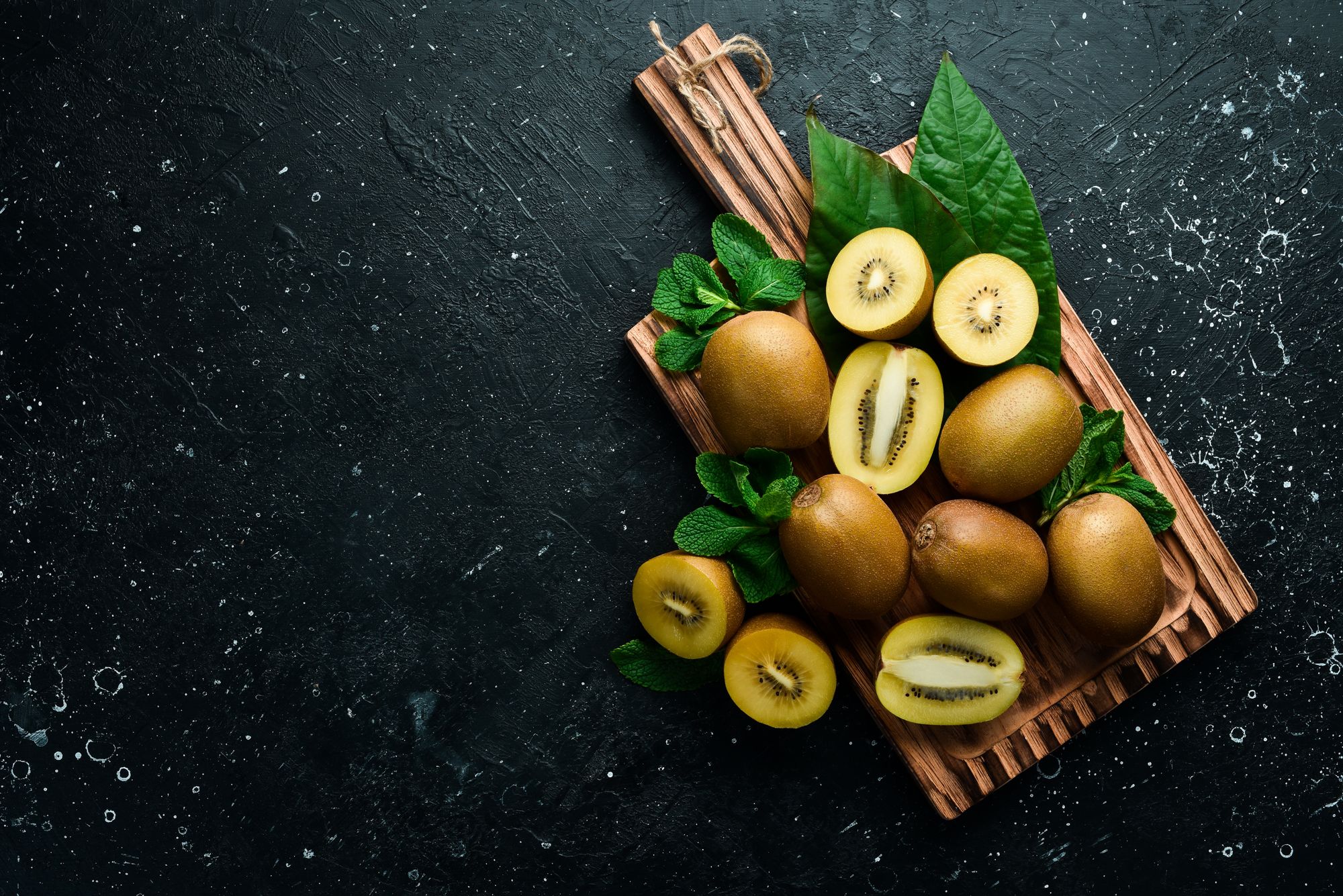
Fiber per 1 medium fruit (with skin): 4 grams
Gold kiwis offer a unique flavor profile, complemented by their substantial fiber content. A single Zespri SunGold Kiwi provides 2 grams of fiber when consuming just the flesh, and an impressive 4 grams when the skin is included. This uncommon addition of skin consumption sets gold kiwis apart. Beyond fiber, these kiwis boast an array of 20 vitamins and minerals, including a remarkable daily dose of vitamin C, enhancing their nutritional value.
12) Cucumbers: Hydration and Bulk:
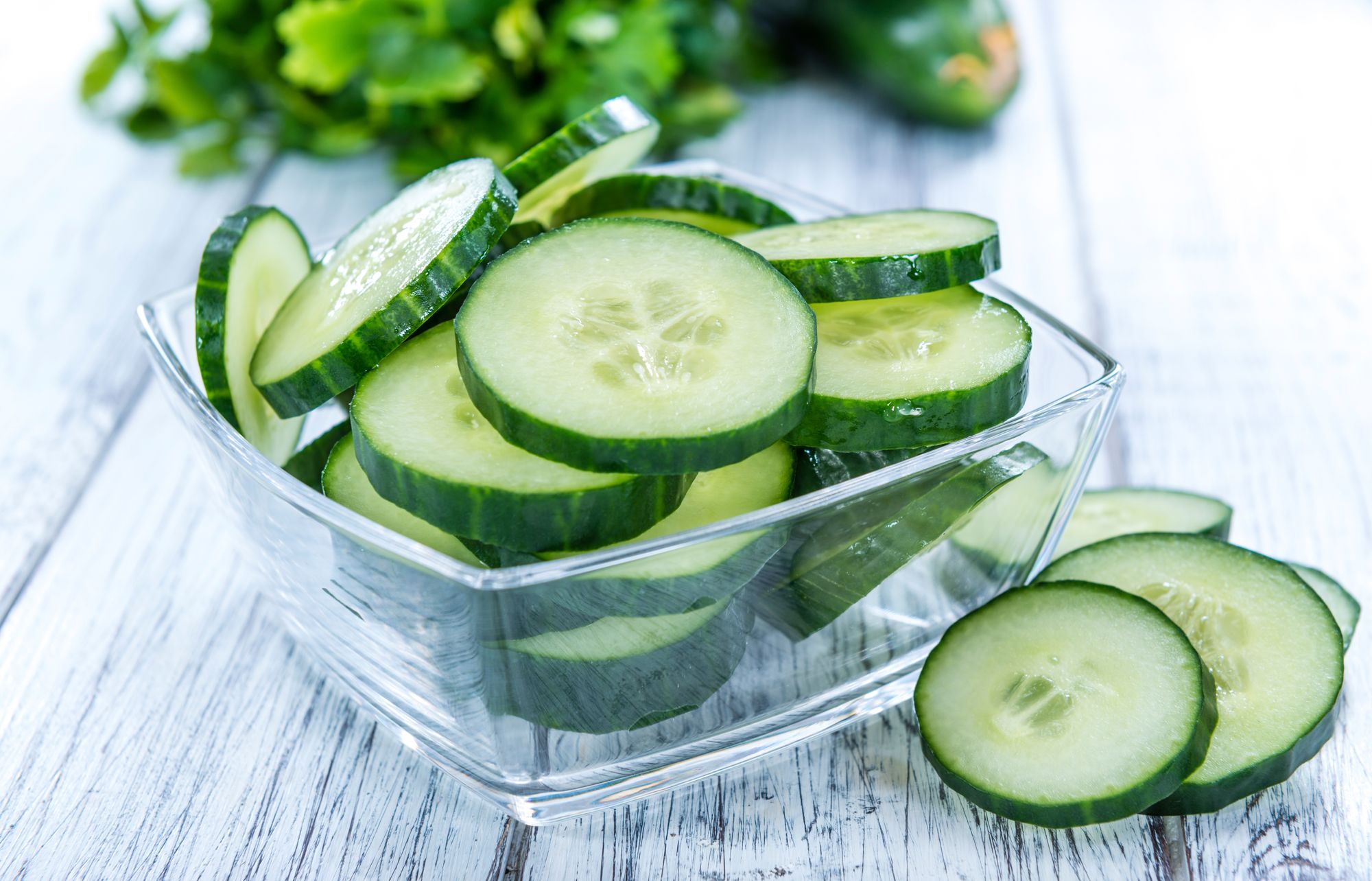
Fiber per 1 cup: 0.6 grams
Water Content: 95%
Cucumbers emerge as a remarkable vegetable for promoting satiety through hydration and bulk. Their low-calorie nature is coupled with a high water content of 95%, filling the stomach and eliciting a sense of fullness. With minimal calories and the ability to add volume to meals, cucumbers play a crucial role in weight management and hunger control.
13) Artichokes: Fiber-Rich and Nutrient-Dense:
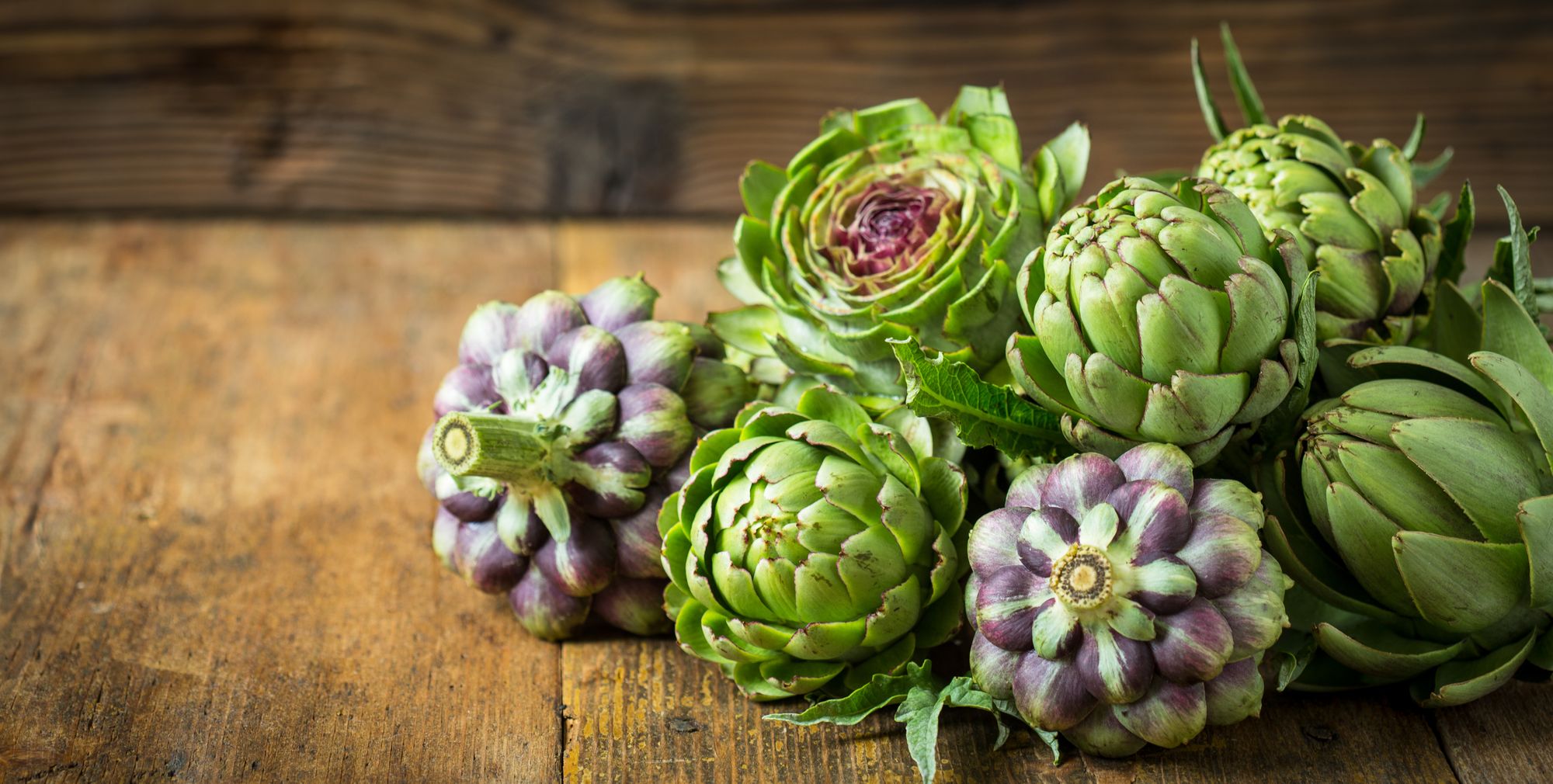
Fiber per medium artichoke: 7 grams
Water Content: 85%
Artichokes, often overlooked, are a fiber powerhouse, boasting approximately 7 grams of fiber per medium artichoke. This fiber density makes them a compelling choice for enhancing satiety. The inclusion of antioxidants further supports overall health benefits. Artichokes' unique texture and taste contribute to their appeal in a range of culinary creations.
14) Beans: Protein-Packed and Satisfying:
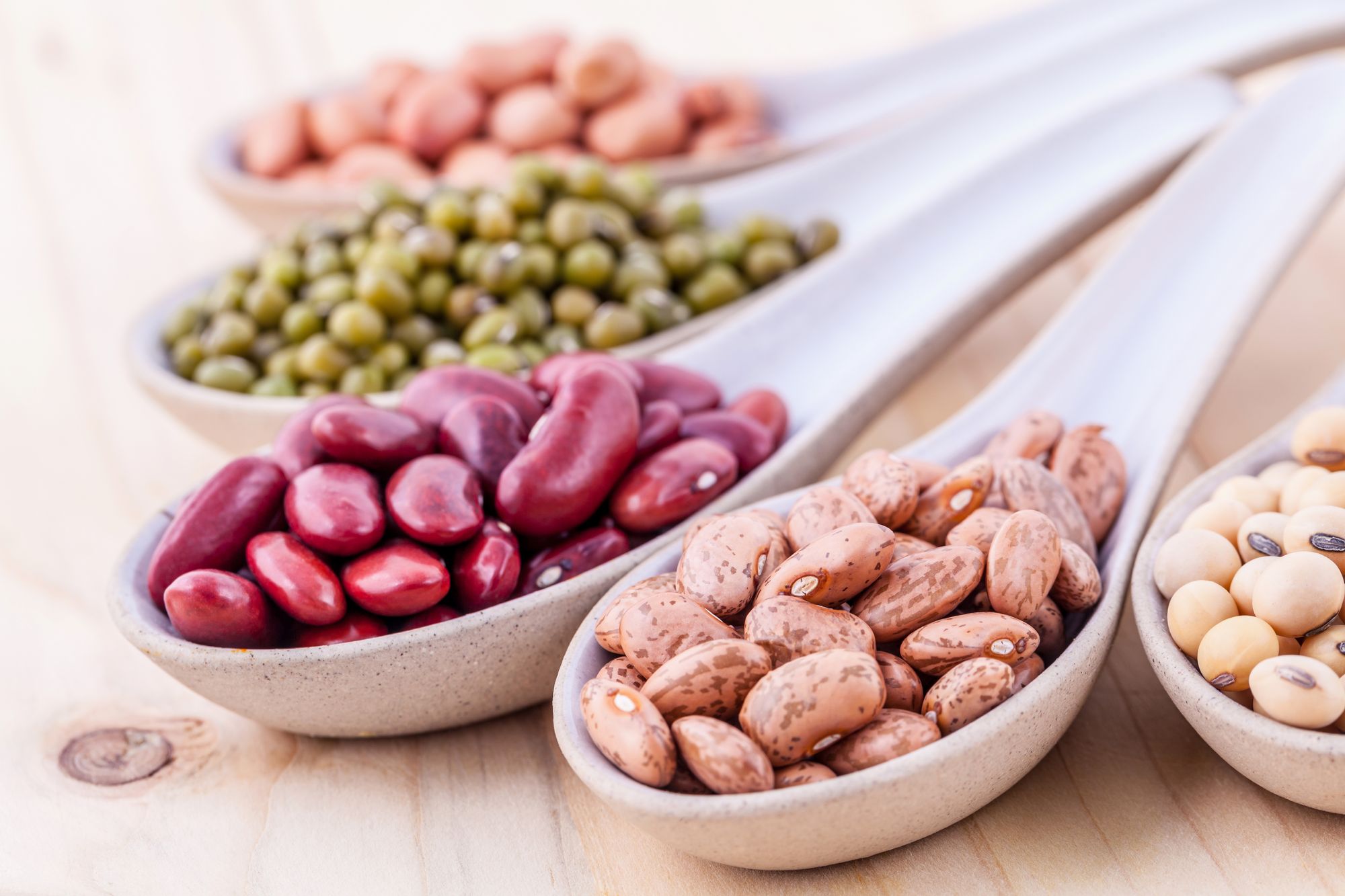
Fiber per 1/2 cup black beans (canned): 8 grams
Beans, commonly perceived as a protein source, hold a dual role in satiety promotion. Black beans, in particular, exhibit a robust fiber content of approximately 8 grams per 1/2 cup. This high-fiber content, coupled with a protein content of around 14 grams per cup, curbs hunger hormones and cravings. Beans are known for their ability to generate a feeling of fullness and support weight management.
15) Carrots: Crunchy Satiety:
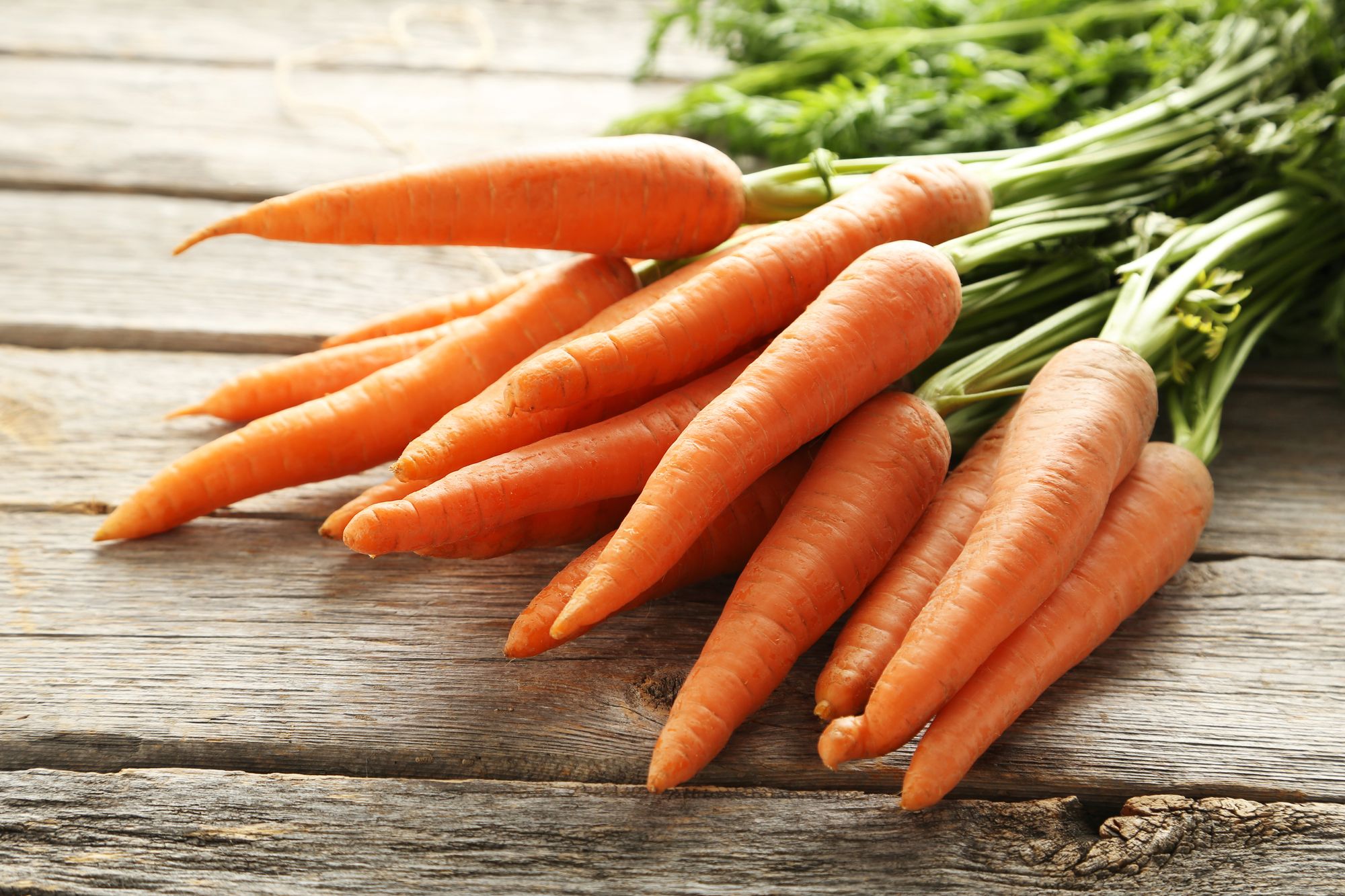
Fiber per 1 cup (chopped): 3.5 grams
Water Content: 88%
Carrots provide a satisfying crunch, appealing to those seeking a fulfilling snack. Their fiber content, approximately 3.5 grams per cup, complements their crisp texture. Moreover, carrots' fiber assists in stabilizing blood sugar levels, mitigating energy crashes that can trigger hunger. Carrots are a low-calorie, high-volume option, perfect for managing weight while enjoying a satisfying bite.
16) Watercress: Nutrient-Rich Satiety:
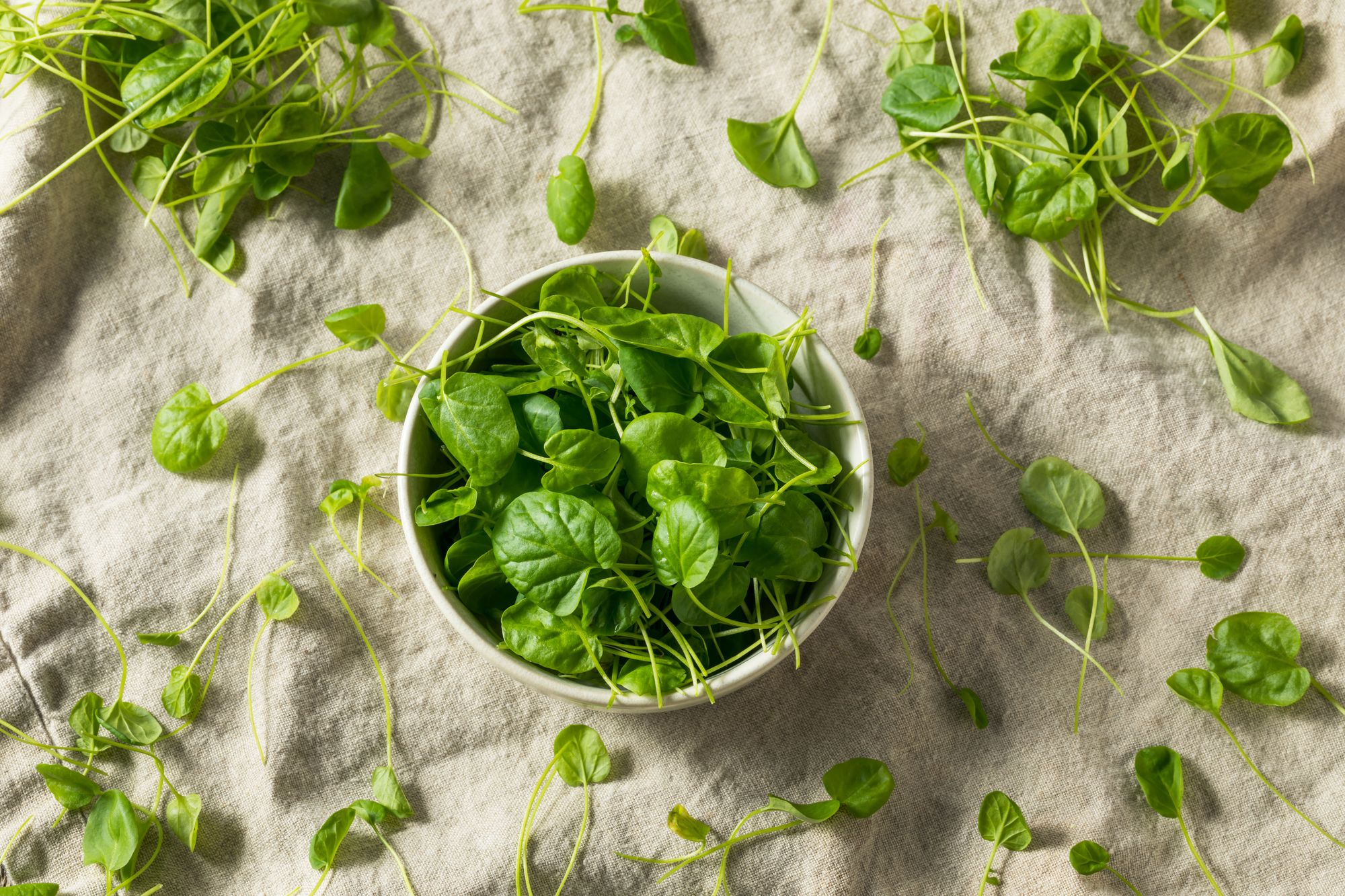
Fiber per 100 grams (3 cups): 0.5 grams
Water Content: 95%
Watercress, often underrated, boasts a trove of antioxidants and micronutrients beneficial for overall health. Its fiber content, though modest at 0.5 grams per 100 grams, contributes to satiety. With minimal calories and a refreshing peppery taste, watercress enhances smoothies, salads, and sandwiches, elevating dishes with a nutritional punch.
17) Mushrooms: A Unique Satiety Study:
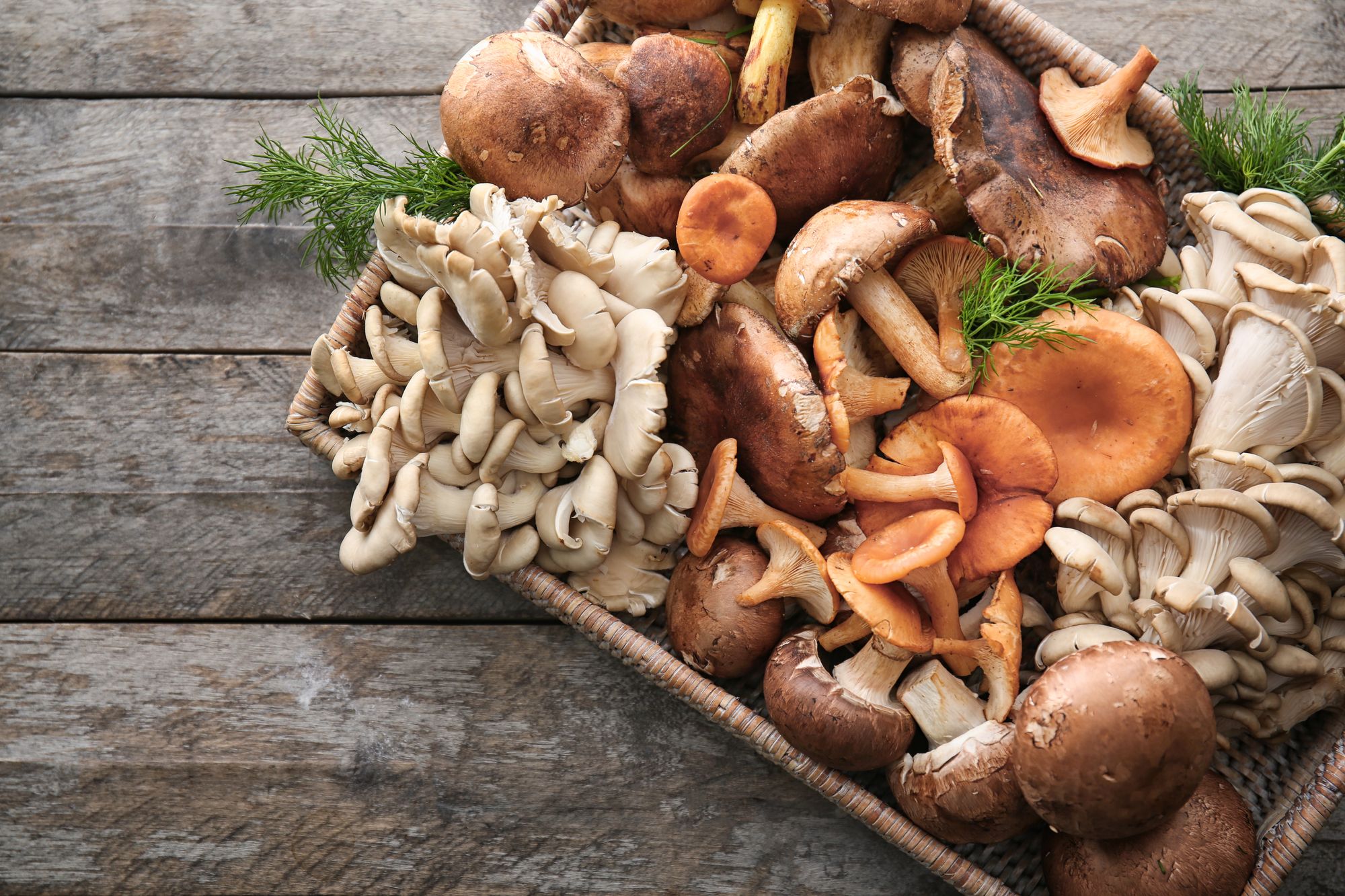
Fiber per 1 cup (whole): 0.5 grams
Water Content: 92%
Mushrooms offer a surprising avenue to increased satiety. A study demonstrated that participants consuming mushrooms for breakfast reported less hunger, greater fullness, and reduced prospective consumption compared to meat-based breakfasts. The mushroom-induced satiety effect suggests potential calorie reduction essential for weight management. This evidence underscores mushrooms' role in shaping morning meals for prolonged satisfaction.
18) Cauliflower: Fiber and Nutrient-Density:
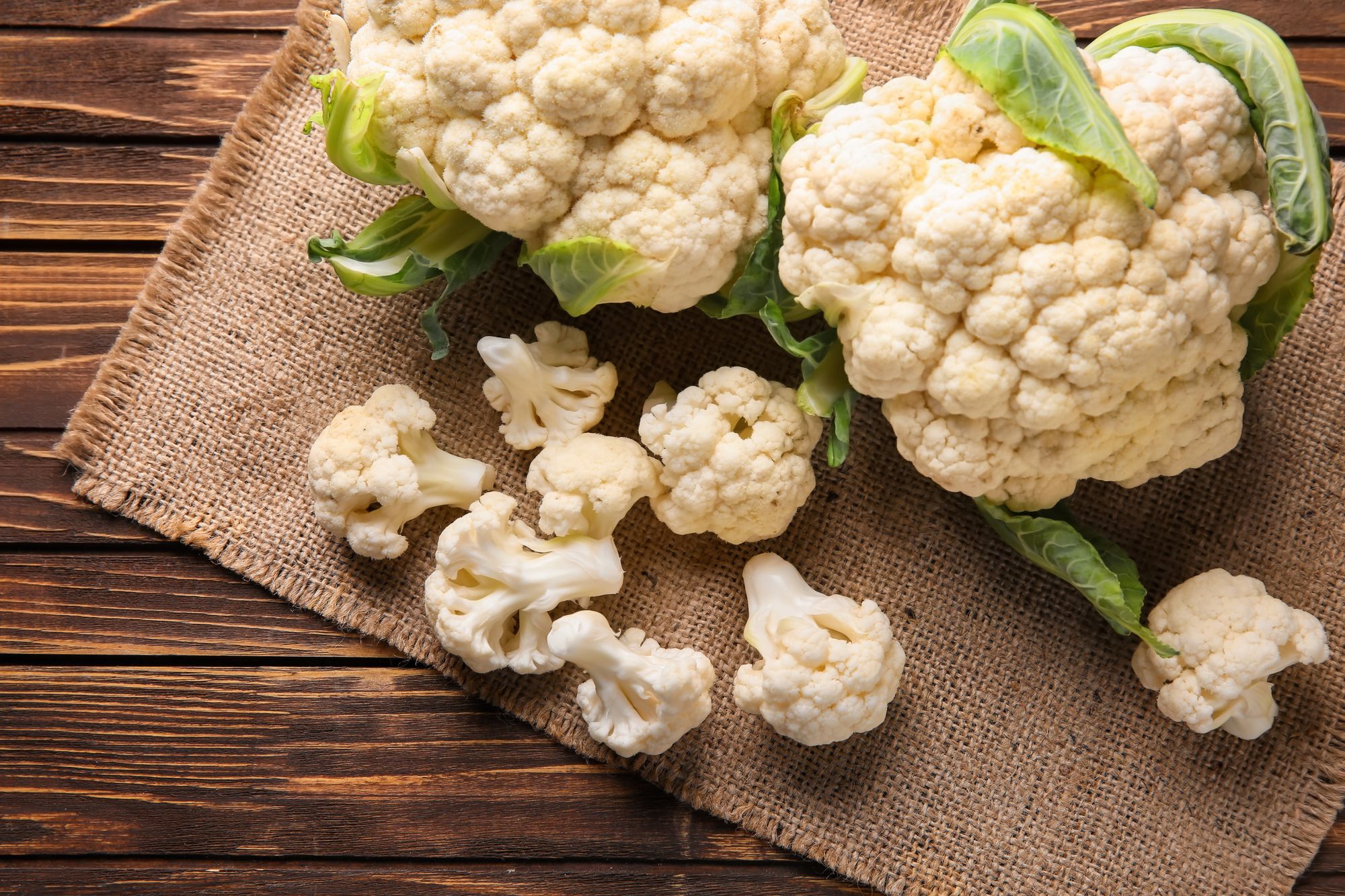
Fiber per 1 cup (chopped): 2 grams
Water Content: 92%
Cauliflower, celebrated for its versatility, holds multifaceted benefits for satiety and nutrition. With approximately 2 grams of fiber per cup, cauliflower contributes to a sense of fullness. Its nutrient density further bolsters its appeal, making it an ideal choice for health-conscious individuals. Beyond its direct consumption, cauliflower's adaptability extends to creative culinary transformations, enhancing a range of dishes and recipes.
These fruits and vegetables showcase a diverse array of strategies for achieving lasting fullness. By incorporating them into your dietary routine, you can harness the power of fiber, hydration, healthy fats, and nutrient density to promote satiety and support your overall well-being.

